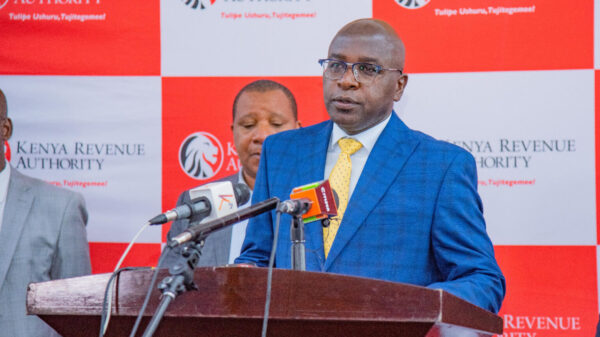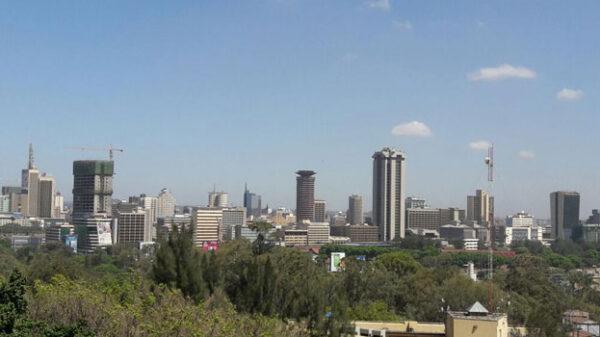ROME, November 13 – The distribution of virus-free cassava planting material to farmers throughout the Great Lakes region has seen improved crop production this year, the Food and Agriculture Organisation (FAO) has announced.
Chief of FAO\’s Crop and Grassland Service Eric Kueneman told a conference in Rome and Brussels that the planting material that was distributed to about 330,000 smallholders’ farmers in Burundi, Rwanda, Uganda and Democratic Republic of Congo had boosted the production of the crop which is one of Africa\’s principal foodstuffs.
“After years of massive crop losses caused by a devastating virus called Cassava Mosaic Disease (CMD), farmers are harvesting healthy cassava. The improved crop now benefits a total of some 1.65 million people,” he announced while attributing the success to stronger partnership between the farmers and the European Union.
It is estimated that each person in Africa eats around 80 kg of cassava per year.
Kueneman pointed out that having cassava back on the table of many households would help address the food crisis that had especially hit the vulnerable areas hard and which saw more than 75 million people thrown into poverty in 2007 alone.
“In the Great Lakes region, high prices of food and fertilizer are just part of the problem. As the recent violence in eastern DRC tragically demonstrates, the region is still grappling with peace. But, especially under circumstances of extreme instability, cassava can make a crucial difference,” he added.
In Uganda, for instance, where CMD has destroyed 150 000 hectares of cassava since the early nineties which resulted into an estimated loss of $US 60 million per annum, food shortages CMD led to localized famines in 1993 and 1997.
European Commission\’s Humanitarian Aid department official Cees Wittebrood said one of their major priorities was to ensure that every farmer can grow for his own subsistence.
"We have come a long way in making this region self-sufficient in cassava again and collaboration with FAO we are achieving that, " Wittebrood said.
In 2006 ECHO contributed €3.3 million to FAO\’s regional cassava initiative which was a campaign aimed at boosting the capacity and efforts of individual countries.


































